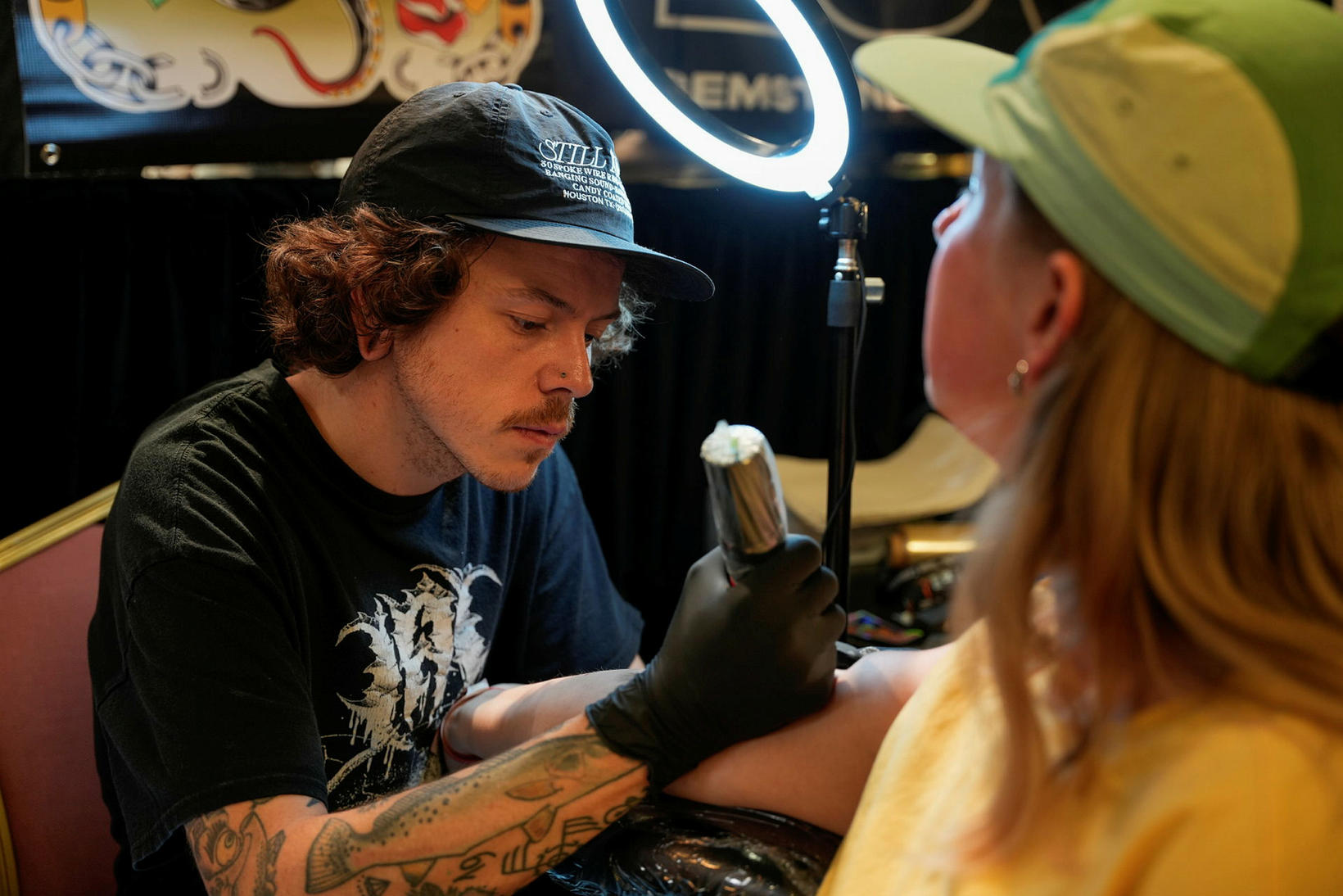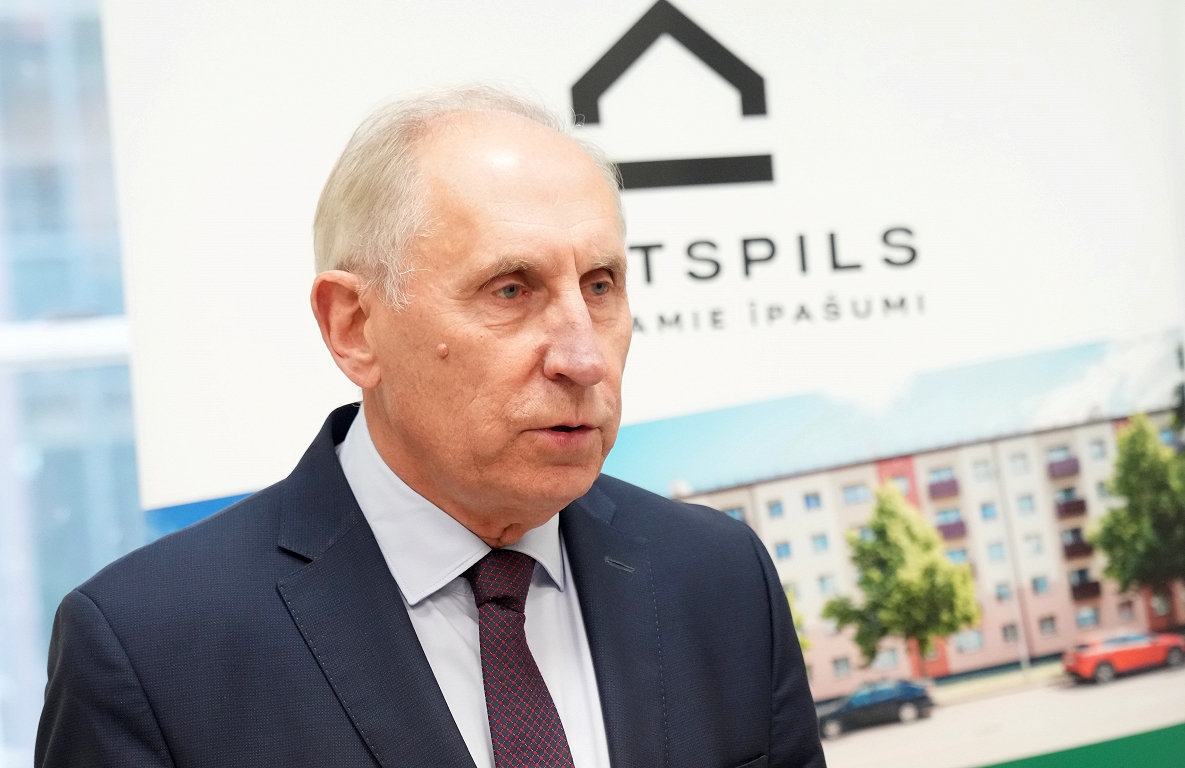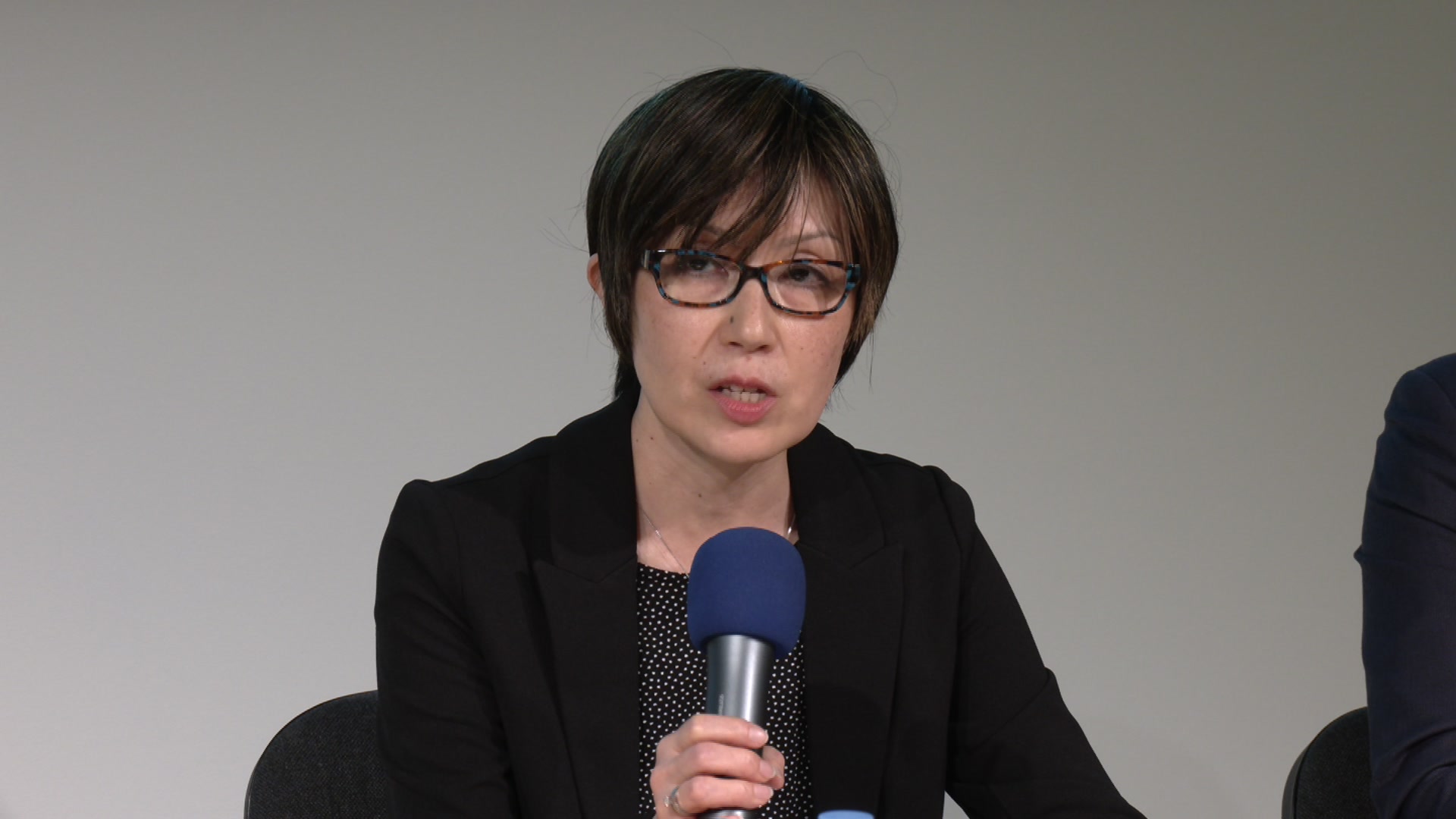Answer to submitter. Make it a merit for researchers to spread their knowledge

Andrea Hartmann Jovell writes in a submitter that « The researchers must learn to reach out ». I agree with her. As a researcher in interdisciplinary fields, I communicate daily with different experts from different disciplines, which is a linguistic challenge in itself. At the same time, I long to reach longer than my own bubbles with my knowledge. But that’s easier said than done. And I would like us to talk more about why this is so.
Within a researcher’s area of responsibility lies the so -called third task – collaboration with society – where it is expected that we will, with obvious and ease, convey our expertise beyond our collegiate community and in an understandable and popular scientific way à la Hans Rosling reach out to society at large. Although the « third task » lies in our research assignment, we have not been given enough tools to fulfill this perhaps most important task.
Unless society picks up our knowledge, what is the knowledge then really worth? Like a brilliant invention that no one knows how to use it and therefore never comes into use, is it then brilliant?
Tools like How to write popular science, how to communicate beyond your own collegiate bubble and how to strengthen your empathy increases our communicative and educational skills to increase our collaboration beyond the academy.
In addition, there is a more subtle challenge: being in their research bubble is in many ways safer than bubble jumping. Really understanding, going in and communicating beyond their own area means the risk of exposing to misunderstandings. Many researchers, including myself, sometimes feel that we suffer from the « bluff syndrome » (Imposts syndrome) – A fear that only grows as we get out of our pleasant discipline bubble and that keeps many of my colleagues away from the « third task ».
And as a final grunt, the academy’s unfortunate « merit hierarchy » exists. Why should we researchers invest in knowledge that increases collaboration against society when the third task is not a merit for our academic careers?
We really want to That researchers should be more efficient communicators like Hans Rosling, we need to broaden the research valuation and reward systems and provide researchers with the right tools and knowledge.
So Andrea Hartmann Jovell, I agree with you. But I lack the funds and incentives to ensure that my knowledge is actually reaching out. And here, universities and society have a responsibility to ensure that I can satisfy my knowledge to work with the third task effectively.
More about submitter: How do you write on submitter and answer
More submissions: dn.se/insandare







